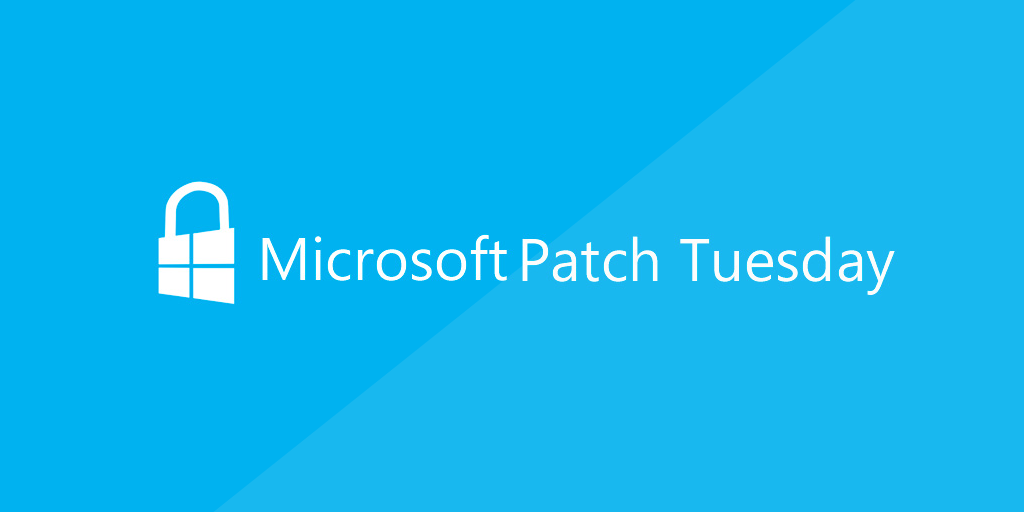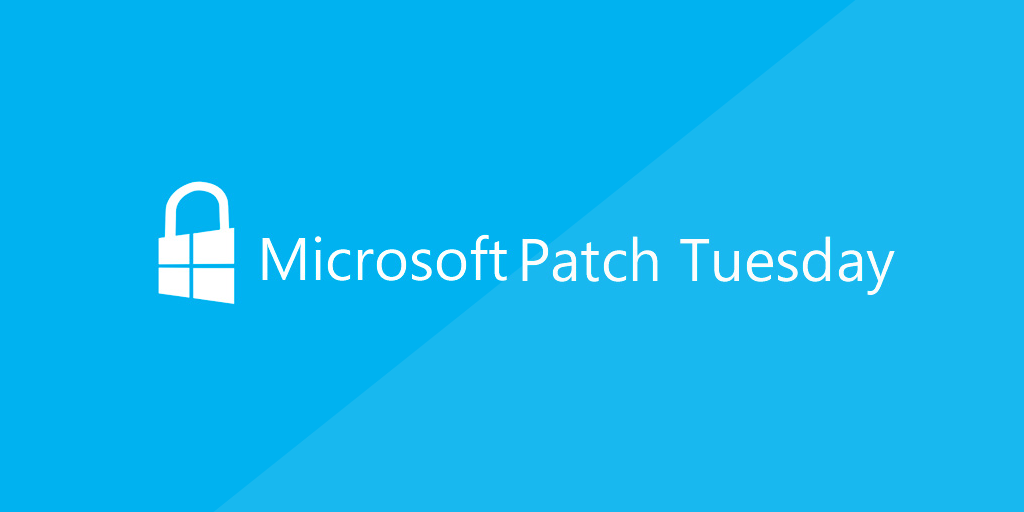
Patch Tuesday is once again upon us. The February 2023 edition of Patch Tuesday brings us 76 fixes, with 8 rated as critical. We’ve listed the most important changes below.
⚡ TL;DR | Go Straight to the February 2023 Patch Tuesday Audit Report
Microsoft Protected Extensible Authentication Protocol (PEAP) Vulnerabilities
The most severe vulnerability fixed this month is a slew of vulnerabilities in the Protected Extensible Authentication Protocol (PEAP). Two of them are rated as critical by Microsoft and have the additional warning that exploitation is “more likely”.
Microsoft PEAP is a network authentication protocol used to secure wireless or wired connections. It creates a secure tunnel between the client and server using Transport Layer Security (TLS) encryption to protect the exchange of authentication credentials. The protocol uses a combination of digital certificates and user credentials to establish trust between the client and the authentication server.
| CVE Number | Vulnerability Type | Severity |
| CVE-2023-21701 | Denial of Service | Important |
| CVE-2023-21695 | Remote Code Execution | Important |
| CVE-2023-21692 | Remote Code Execution | Critical |
| CVE-2023-21691 | Information Disclosure | Important |
| CVE-2023-21690 | Remote Code Execution | Critical |
| CVE-2023-21689 | Remote Code Execution | Critical |
PEAP is only negotiated with the client if NPS is running on the Windows Server and has a network policy configured that allows PEAP. Since this means it is not a default configuration, you’re only at risk if you’ve got it enabled in your network environment. Unauthenticated attackers can exploit the vulnerabilities by sending specially crafted malicious PEAP packets over the network.
Visual Studio Vulnerabilities
Next up are four Visual Studio vulnerabilities, two of which are rated as critical. The remote code execution vulnerabilities are the most critical ones but also must be initiated from local machines. Both of these have a CVSS 3.0 base score of 8.4. The two leftover vulnerabilities, one Denial of Service and one Elevation of Privilege have lower CVSS scores.
| CVE Number | Vulnerability Type | Severity |
| CVE-2023-23381 | Remote Code Execution | Critical |
| CVE-2023-21815 | Remote Code Execution | Critical |
| CVE-2023-21567 | Denial of Service | Important |
| CVE-2023-21566 | Elevation of Privilege | Important |
4 New Exchange RCE Vulnerabilities
CVE-2023-21710, CVE-2023-21707, CVE-2023-21706, and CVE-2023-21529 were all fixed in the most recent updates. Four new Remote Code Execution vulnerabilities with a CVSS base score between 7.2 – 8.8. While none of them are listed by Microsoft as critical, all of them aside from CVE-2023-21710 do mention that exploitation is more likely.
The more likely to be exploited vulnerabilities, do require the attacker to be authenticated and the attacker could target the server accounts in an arbitrary or remote code execution. As an authenticated user, the attacker could attempt to trigger malicious code in the context of the server’s account through a network call
Run the Patch Tuesday February 2023 Audit
To help manage your update progress, we’ve created the Patch Tuesday Audit that checks if the assets in your network are on the latest patch updates. The report has been color-coded to see which machines are up-to-date and which ones still need to be updated. As always, system administrators are urged to update their environment as soon as possible to ensure all endpoints are secured.
The Lansweeper Patch Tuesday report is automatically added to Lansweeper Cloud sites. Lansweeper Cloud is included in all our licenses without any additional cost and allows you to federate all your installations into one single view so all you need to do is look at one report, automatically added every patch Tuesday!
Patch Tuesday February 2023 CVE Codes & Titles
| CVE Number | CVE Title |
| CVE-2019-15126 | Specifically timed and handcrafted traffic can cause internal errors (related to state transitions) in a WLAN device |
| CVE-2023-21528 | Microsoft SQL Server Remote Code Execution Vulnerability |
| CVE-2023-21529 | Microsoft Exchange Server Remote Code Execution Vulnerability |
| CVE-2023-21553 | Azure DevOps Server Remote Code Execution Vulnerability |
| CVE-2023-21564 | Azure DevOps Server Cross-Site Scripting Vulnerability |
| CVE-2023-21566 | Visual Studio Elevation of Privilege Vulnerability |
| CVE-2023-21567 | Visual Studio Denial of Service Vulnerability |
| CVE-2023-21568 | Microsoft SQL Server Integration Service (VS extension) Remote Code Execution Vulnerability |
| CVE-2023-21570 | Microsoft Dynamics 365 (on-premises) Cross-site Scripting Vulnerability |
| CVE-2023-21571 | Microsoft Dynamics 365 (on-premises) Cross-site Scripting Vulnerability |
| CVE-2023-21572 | Microsoft Dynamics 365 (on-premises) Cross-site Scripting Vulnerability |
| CVE-2023-21573 | Microsoft Dynamics 365 (on-premises) Cross-site Scripting Vulnerability |
| CVE-2023-21684 | Microsoft PostScript Printer Driver Remote Code Execution Vulnerability |
| CVE-2023-21685 | Microsoft WDAC OLE DB provider for SQL Server Remote Code Execution Vulnerability |
| CVE-2023-21686 | Microsoft WDAC OLE DB provider for SQL Server Remote Code Execution Vulnerability |
| CVE-2023-21687 | HTTP.sys Information Disclosure Vulnerability |
| CVE-2023-21688 | NT OS Kernel Elevation of Privilege Vulnerability |
| CVE-2023-21689 | Microsoft Protected Extensible Authentication Protocol (PEAP) Remote Code Execution Vulnerability |
| CVE-2023-21690 | Microsoft Protected Extensible Authentication Protocol (PEAP) Remote Code Execution Vulnerability |
| CVE-2023-21691 | Microsoft Protected Extensible Authentication Protocol (PEAP) Information Disclosure Vulnerability |
| CVE-2023-21692 | Microsoft Protected Extensible Authentication Protocol (PEAP) Remote Code Execution Vulnerability |
| CVE-2023-21693 | Microsoft PostScript Printer Driver Information Disclosure Vulnerability |
| CVE-2023-21694 | Windows Fax Service Remote Code Execution Vulnerability |
| CVE-2023-21695 | Microsoft Protected Extensible Authentication Protocol (PEAP) Remote Code Execution Vulnerability |
| CVE-2023-21697 | Windows Internet Storage Name Service (iSNS) Server Information Disclosure Vulnerability |
| CVE-2023-21699 | Windows Internet Storage Name Service (iSNS) Server Information Disclosure Vulnerability |
| CVE-2023-21700 | Windows iSCSI Discovery Service Denial of Service Vulnerability |
| CVE-2023-21701 | Microsoft Protected Extensible Authentication Protocol (PEAP) Denial of Service Vulnerability |
| CVE-2023-21702 | Windows iSCSI Service Denial of Service Vulnerability |
| CVE-2023-21703 | Azure Data Box Gateway Remote Code Execution Vulnerability |
| CVE-2023-21704 | Microsoft ODBC Driver for SQL Server Remote Code Execution Vulnerability |
| CVE-2023-21705 | Microsoft SQL Server Remote Code Execution Vulnerability |
| CVE-2023-21706 | Microsoft Exchange Server Remote Code Execution Vulnerability |
| CVE-2023-21707 | Microsoft Exchange Server Remote Code Execution Vulnerability |
| CVE-2023-21710 | Microsoft Exchange Server Remote Code Execution Vulnerability |
| CVE-2023-21713 | Microsoft SQL Server Remote Code Execution Vulnerability |
| CVE-2023-21714 | Microsoft Office Information Disclosure Vulnerability |
| CVE-2023-21715 | Microsoft Publisher Security Features Bypass Vulnerability |
| CVE-2023-21716 | Microsoft Word Remote Code Execution Vulnerability |
| CVE-2023-21717 | Microsoft SharePoint Server Elevation of Privilege Vulnerability |
| CVE-2023-21718 | Microsoft SQL ODBC Driver Remote Code Execution Vulnerability |
| CVE-2023-21721 | Microsoft OneNote Spoofing Vulnerability |
| CVE-2023-21722 | .NET Framework Denial of Service Vulnerability |
| CVE-2023-21777 | Azure App Service on Azure Stack Hub Elevation of Privilege Vulnerability |
| CVE-2023-21778 | Microsoft Dynamics Unified Service Desk Remote Code Execution Vulnerability |
| CVE-2023-21797 | Microsoft ODBC Driver Remote Code Execution Vulnerability |
| CVE-2023-21798 | Microsoft ODBC Driver Remote Code Execution Vulnerability |
| CVE-2023-21799 | Microsoft WDAC OLE DB provider for SQL Server Remote Code Execution Vulnerability |
| CVE-2023-21800 | Windows Installer Elevation of Privilege Vulnerability |
| CVE-2023-21801 | Microsoft PostScript Printer Driver Remote Code Execution Vulnerability |
| CVE-2023-21802 | Windows Media Remote Code Execution Vulnerability |
| CVE-2023-21803 | Windows iSCSI Discovery Service Remote Code Execution Vulnerability |
| CVE-2023-21804 | Windows Graphics Component Elevation of Privilege Vulnerability |
| CVE-2023-21805 | Windows MSHTML Platform Remote Code Execution Vulnerability |
| CVE-2023-21806 | Power BI Report Server Spoofing Vulnerability |
| CVE-2023-21807 | Microsoft Dynamics 365 (on-premises) Cross-site Scripting Vulnerability |
| CVE-2023-21808 | .NET and Visual Studio Remote Code Execution Vulnerability |
| CVE-2023-21809 | Microsoft Defender for Endpoint Security Feature Bypass Vulnerability |
| CVE-2023-21811 | Windows iSCSI Service Denial of Service Vulnerability |
| CVE-2023-21812 | Windows Common Log File System Driver Elevation of Privilege Vulnerability |
| CVE-2023-21813 | Windows Secure Channel Denial of Service Vulnerability |
| CVE-2023-21815 | Visual Studio Remote Code Execution Vulnerability |
| CVE-2023-21816 | Windows Active Directory Domain Services API Denial of Service Vulnerability |
| CVE-2023-21817 | Windows Kerberos Elevation of Privilege Vulnerability |
| CVE-2023-21818 | Windows Secure Channel Denial of Service Vulnerability |
| CVE-2023-21819 | Windows Secure Channel Denial of Service Vulnerability |
| CVE-2023-21820 | Windows Distributed File System (DFS) Remote Code Execution Vulnerability |
| CVE-2023-21822 | Windows Graphics Component Elevation of Privilege Vulnerability |
| CVE-2023-21823 | Windows Graphics Component Remote Code Execution Vulnerability |
| CVE-2023-23376 | Windows Common Log File System Driver Elevation of Privilege Vulnerability |
| CVE-2023-23377 | 3D Builder Remote Code Execution Vulnerability |
| CVE-2023-23378 | Print 3D Remote Code Execution Vulnerability |
| CVE-2023-23379 | Microsoft Defender for IoT Elevation of Privilege Vulnerability |
| CVE-2023-23381 | Visual Studio Remote Code Execution Vulnerability |
| CVE-2023-23382 | Azure Machine Learning Compute Instance Information Disclosure Vulnerability |
| CVE-2023-23390 | 3D Builder Remote Code Execution Vulnerability |
